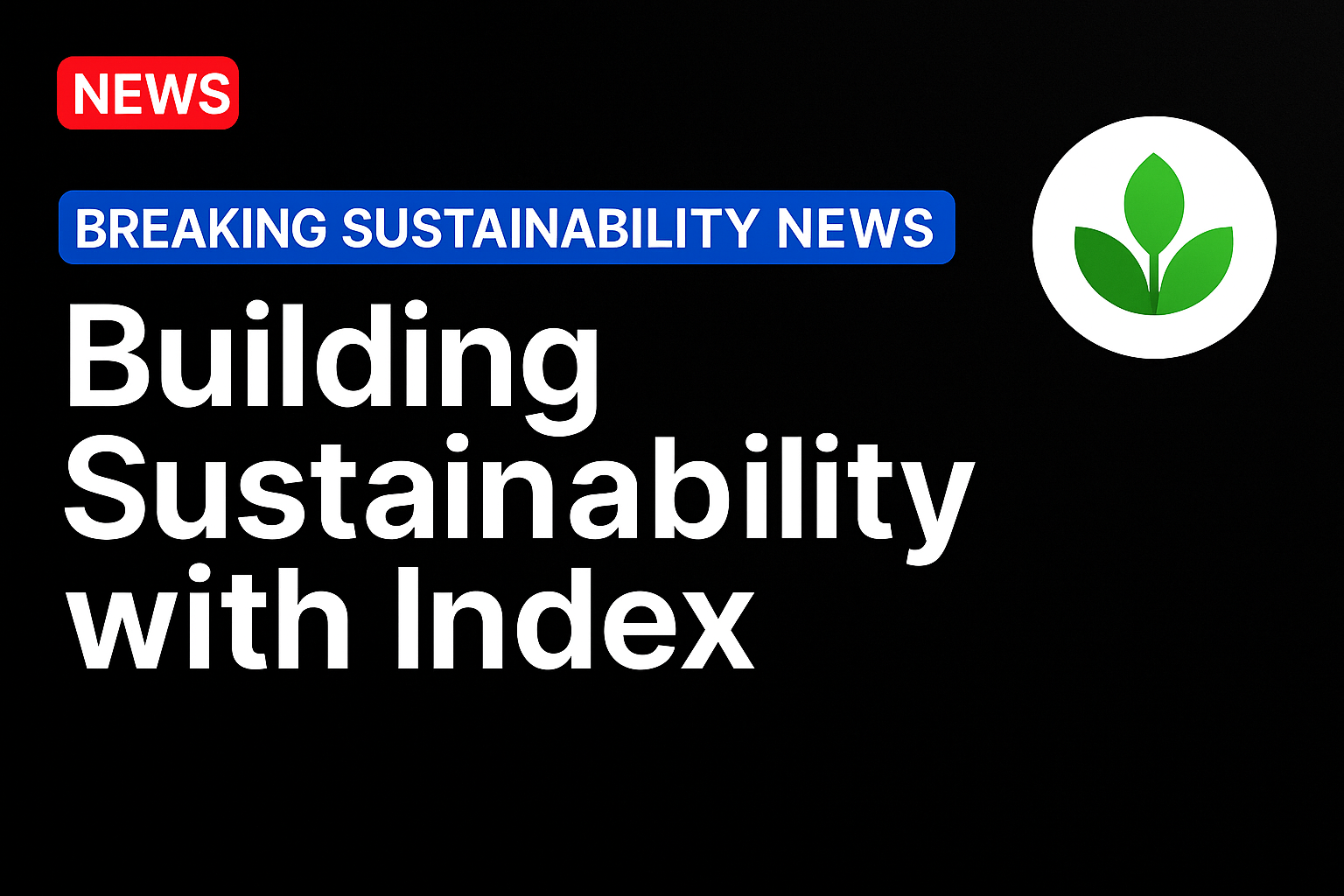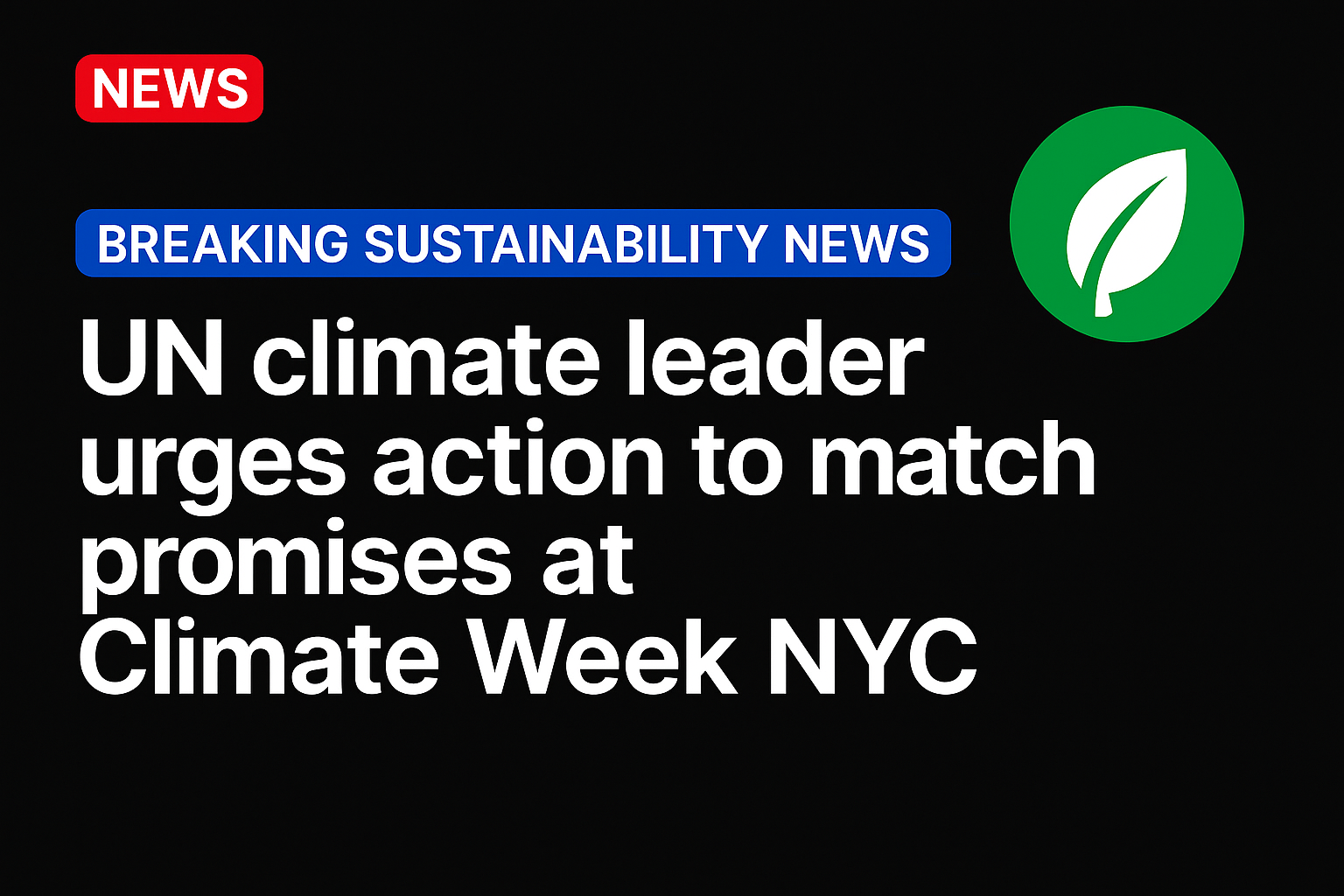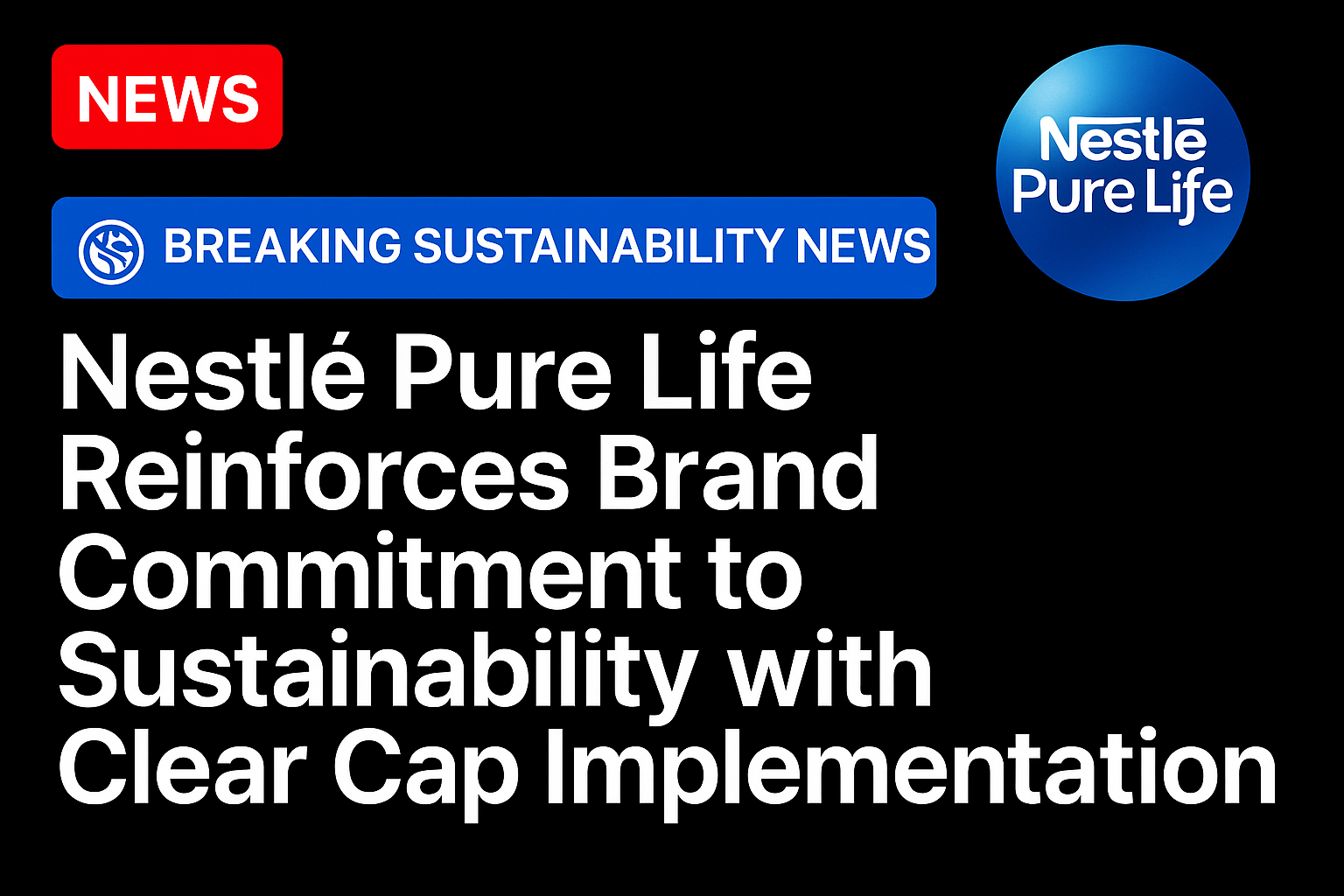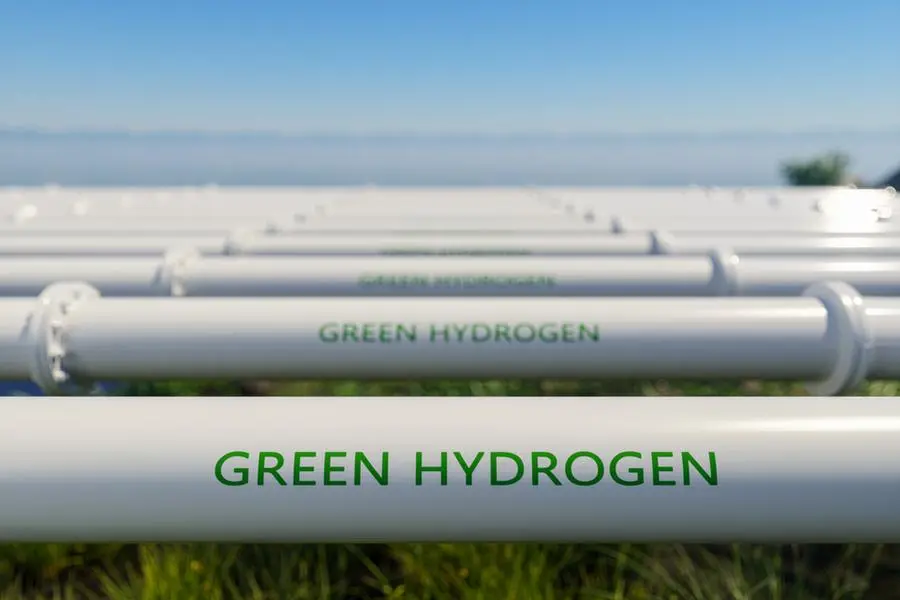The Japanese term SHIKKAI is a concept rooted in kimono making. The SHIKKAI-ya would oversee the team of craftsmen as they completed the 40 specialized steps of kimono making.
Kimikazu Uemura, CEO of project management company Index, says the SHIKKAI spirit is the company’s central philosophy. Index offers end-to-end project support, from concept to realization, and seeks to transform global systems of water, environment and inequality through projects in construction, social and public infrastructure.
Like the SHIKKAI-ya, Index is a master of working with diverse stakeholders to navigate the complexities of Japan’s evolving construction industry. “One of our greatest strengths lies in our ability to unite Japanese companies and financial institutions around a shared vision and purpose, and to organize and execute complex projects with precision and coordination,” he says.
One of Japan’s most pressing construction challenges is in the public sector—hospitals, schools, and urban infrastructure—where inflated prices are forcing developers to pause projects. General contractors are at full capacity, and quotes have doubled compared to five years ago. “It’s becoming financially unfeasible to move forward under current conditions,” Uemura says.
With one in four workers over 60, Japan’s labor shortage will only deepen. While long-term solutions like immigration reform remain distant, Uemura sees digitization and automation as critical. He emphasizes, “Embracing digitalization isn’t just about efficiency—it’s also essential for making the industry more appealing and sustainable for future generations.”
Uemura cites a Spanish utility visit where over 100 personnel were found at a Japanese water treatment plant—compared to just 10 in Spain. “It opened my eyes to how far behind we are in digital adoption,” he says. “Digitalization can significantly improve operational efficiency—not just in water utilities, but across Japan’s infrastructure as a whole.”
Uemura recently launched the “Basin Carbon Neutral Platform”, which targets decarbonization across Japan’s major watershed areas. The initiative coordinates public and private stakeholders to implement over 30 localized projects, aiming to modernize energy systems, improve conservation, and serve as a scalable national model.
“I believe the most critical phase for achieving carbon neutrality is actually during operational management,” Uemura states. He explains that few companies have practical experience in this area, and demand is increasing from the design stage. Progress in this area is still slow, especially when it comes to public-private partnerships (PPP), where processes and systems are complex.
Managing PPPs is particularly important in Index’s global ambitions. Uemura envisions the company becoming the world’s leading PPP infrastructure company by 2031, driving sustainable development through innovative, transparent and inclusive project models.
Its strategy focuses on high-impact projects in Africa, ASEAN, and the Indo-Pacific, built around the “Core-Japan” model, uniting Japanese expertise with global partnerships. Guided by SHIKKAI, it aims to balance profitability with purpose, reinvesting infrastructure value back into society to maximize long-term impact. “Our goal is to redefine the PPP model and share our philosophy globally. Ideally, we envision the SHIKKAI spirit becoming a new global standard in the world of infrastructure,” Uemura says.
Index is charting a path toward global infrastructure leadership by integrating traditional Japanese values with modern demands. Through sustainable practices, digital innovation, and a refined PPP model, it aims to reshape how projects benefit both communities and the environment.
Source: https://www.theworldfolio.com/




